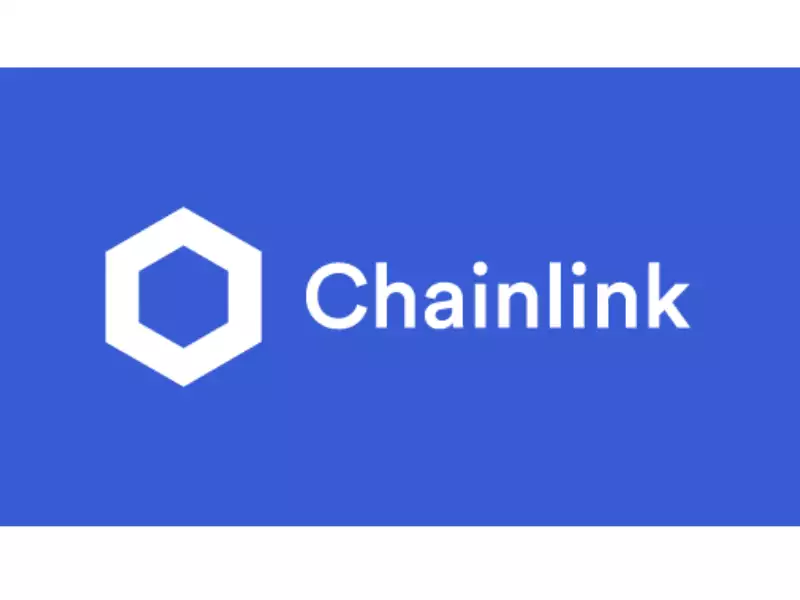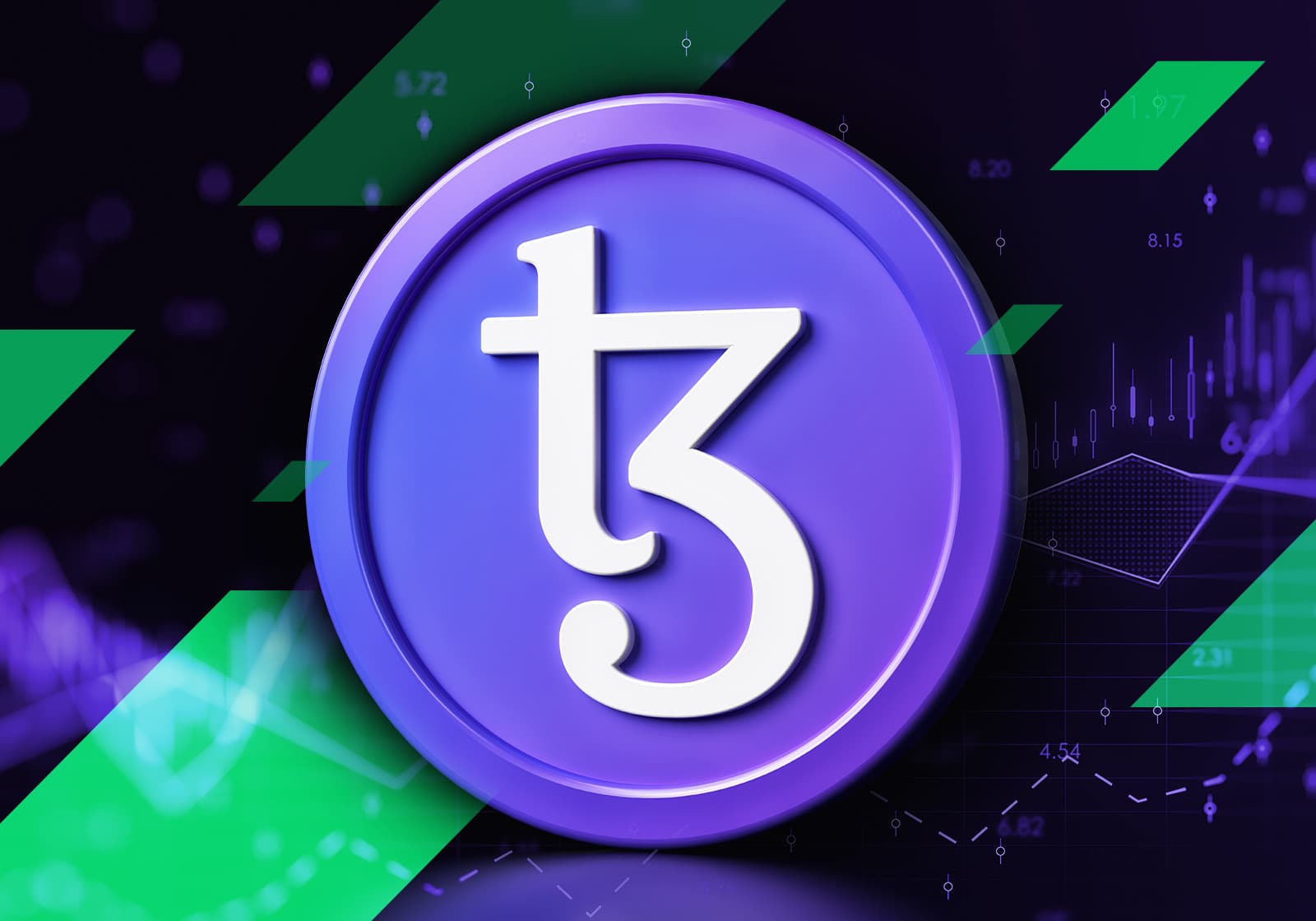In the fast-evolving world of cryptocurrencies, finding the best blockchain wallet is paramount for securely storing and managing your digital assets. Among the myriad of options available, MyEtherWallet (MEW) has consistently ranked as one of the top 10 crypto wallets. In this comprehensive guide, we'll explore what sets MyEtherWallet apart, its features, security measures, and how it compares to other notable wallets like Coinbase crypto wallet. Whether you're a seasoned crypto investor or a newcomer to the space, understanding MyEtherWallet is essential for safeguarding your investments.
Introduction to MyEtherWallet
MyEtherWallet (MEW) is a free, open-source, client-side interface for creating and managing Ethereum wallets. Founded in 2015 by Taylor Monahan, MEW quickly gained popularity for its simplicity and user-friendly approach to Ethereum wallet management. As Ethereum became a dominant force in the cryptocurrency world, MEW's reputation as one of the
best online crypto wallets solidified.
Types of Crypto Wallets
Before diving deeper into MyEtherWallet, it's crucial to understand the various types of crypto wallets available:
Hot Wallets
Hot wallets are
best blockchain wallet connected to the internet. They are convenient for frequent transactions but may be more susceptible to hacking.
Cold Wallets
Cold wallets, on the other hand, are offline wallets, often in the form of hardware devices or paper wallets. They offer enhanced security but may be less convenient for daily use.
Software Wallets
Software wallets, including MyEtherWallet, are applications or programs that run on your computer or mobile device. They are user-friendly and provide a balance between convenience and security.
Hardware Wallets
Hardware wallets are physical devices designed solely for storing cryptocurrencies securely. They are considered one of the most secure options available.
Paper Wallets
A paper wallet is a physical document containing your cryptocurrency address and private key. It's entirely offline and immune to online threats but requires careful storage to prevent physical damage or loss.
Key Features of MyEtherWallet
Ethereum-Focused
MyEtherWallet is primarily designed for Ethereum and its related tokens. This specialization allows for a streamlined and intuitive user experience when dealing with Ethereum assets.
User Control
One of MEW's standout features is user control. As a client-side wallet, it gives you full control over your private keys and funds, making it one of the best cryptocurrency wallet apps for those who prioritize self-custody.
Open-Source
MEW is open-source software, which means its code is publicly available for review and audit. This transparency contributes to the community's trust in the wallet's security.
Support for ERC-20 Tokens
MEW supports Ethereum's ERC-20 tokens, allowing you to store and manage a wide variety of assets within the same wallet.
Integration with Hardware Wallets
For enhanced security, MEW integrates seamlessly with hardware wallets like Ledger and Trezor, providing an additional layer of protection for your assets.
Security Measures
Private Key Storage
MEW does not store your private keys on its servers, ensuring that you have complete control over your wallet's security.
Strong Passwords
Users are encouraged to create strong passwords for their MEW accounts to prevent unauthorized access.
Hardware Wallet Integration
For those seeking the highest level of security, using MEW in conjunction with a hardware wallet is an excellent option. It adds an extra layer of protection by storing your private keys offline.
Two-Factor Authentication (2FA)
While MEW is a client-side wallet and doesn't require traditional login credentials, you can enable 2FA for an extra layer of security when accessing your wallet.
Setting Up and Using MyEtherWallet
Setting up and using
types of crypto wallets is a straightforward process:
- Visit the Official Website: Go to the official MyEtherWallet website (make sure the URL is correct to avoid phishing sites).
- Create a New Wallet: Click on "Create a New Wallet" and follow the on-screen instructions to set up your wallet.
- Securely Store Your Private Key: After creating your wallet, you'll receive a private key. Store this key in a safe and offline location. Never share it with anyone.
- Access Your Wallet: You can access your wallet by entering your private key or by connecting a hardware wallet if you have one.
- Manage Your Assets: Once logged in, you can manage your Ethereum and ERC-20 tokens, send and receive funds, and interact with decentralized applications (DApps).
MyEtherWallet vs. Coinbase Wallet
MyEtherWallet and
coinbase crypto wallet are both popular choices for managing cryptocurrencies, but they differ in several key ways:
Custody
- MyEtherWallet: Users have full custody of their private keys, making it a self-custody wallet.
- Coinbase Wallet: Coinbase retains custody of your private keys, which means you are relying on Coinbase's security measures.
Supported Assets
- MyEtherWallet: Primarily focused on Ethereum and ERC-20 tokens.
- Coinbase Wallet: Supports a broader range of crypto wallet app, including Bitcoin, Litecoin, and various ERC-20 tokens.
User Control
- MyEtherWallet: Provides users with complete control over their private keys and funds.
- Coinbase Wallet: Users have control over their funds but rely on Coinbase's security for key management.
Ease of Use
- MyEtherWallet: Offers a user-friendly interface but may be less intuitive for beginners.
- Coinbase Wallet: Known for its user-friendly design and seamless integration with the Coinbase exchange.
Security
- MyEtherWallet: Considered highly secure due to its client-side, open-source nature and integration with hardware wallets.
- Coinbase Wallet: Offers security measures but relies on Coinbase's infrastructure.
The choice between MyEtherWallet and Coinbase Wallet ultimately depends on your priorities. If you value full control and self-custody, MyEtherWallet is an excellent choice. However, if you prefer a more straightforward user experience and don't mind relying on a trusted exchange, Coinbase Wallet
top 10 crypto wallet might be preferable.
Other Notable Crypto Wallets
While MyEtherWallet and Coinbase Wallet are prominent options, there are other noteworthy crypto wallets to consider:
Exodus Wallet
Exodus is a desktop and mobile wallet known for its user-friendly interface and support for a wide range of cryptocurrencies.
exodus crypto wallet also offers a built-in exchange feature for easy asset swaps.
Ledger Nano S
The Ledger Nano S is a hardware wallet that provides top-tier security for your digital assets. It supports a variety of cryptocurrencies and is a favorite among security-conscious users.
Trust Wallet
Trust Wallet is a mobile wallet known for its simplicity and excellent support for various cryptocurrencies. It also offers a built-in DApp browser for interacting with decentralized applications.
MyEtherWallet, with its focus on user control and open-source transparency, has earned its place as one of the
best cryptocurrency wallet app in the crypto space. It caters to those who prioritize self-custody and are comfortable managing their private keys.
















